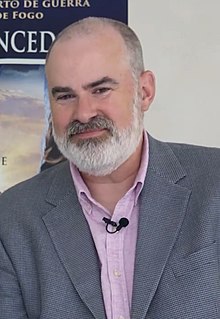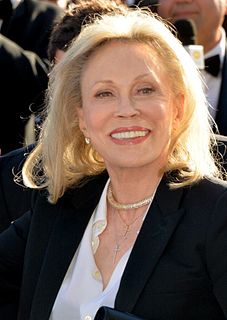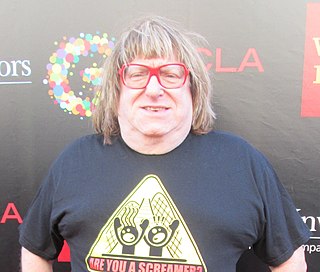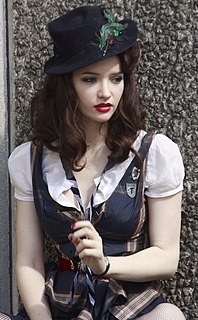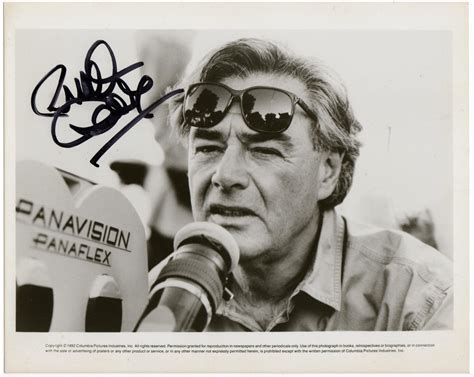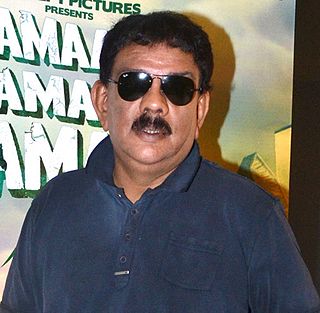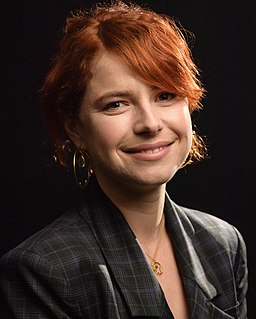A Quote by Natalie Portman
I don't know if the scripts are changing so much. I mean, I've been working for almost 25 years and made over 40 films and I worked with my first female director, on a feature, "Planetarium". And it's still the only one.
Related Quotes
As soon as I finished film school I was thinking about, how do I get to feature films? It took about eight years, and I'm still working. Feature films was not the end goal. Feature films was one of the stages. Getting to the point of the Coen brothers or Tarantino, where you're writing your own material and have the budget to do it properly, that's the end goal, and I'm close to that.
We made four feature films with Sherwood Baptist. The wonderful thing was the church (members) volunteered. It was an awesome atmosphere of attitudes. The hard part was (that) all four of the first feature films we made take place in modern-day Albany, Georgia. We know that not all of our films going to be (set in) modern-day Albany, Georgia.
I think I entered the market around the time when there was getting to be less snobbery about the difference between feature films and television. I think there's been a lot more receptivity on television to interesting adult stories that in the '60s and '70s would have been made into feature films. I have no problem jumping back and forth. If anything, I find it less restrictive working in television.
I first started making films - this is my first feature, but I was making shorts - I was actually freelancing as a day job at The New York Times as an art director. I actually worked with Bill Cunningham and really soon after I met him, I thought, "Oh my God, he's a perfect subject for a documentary."





